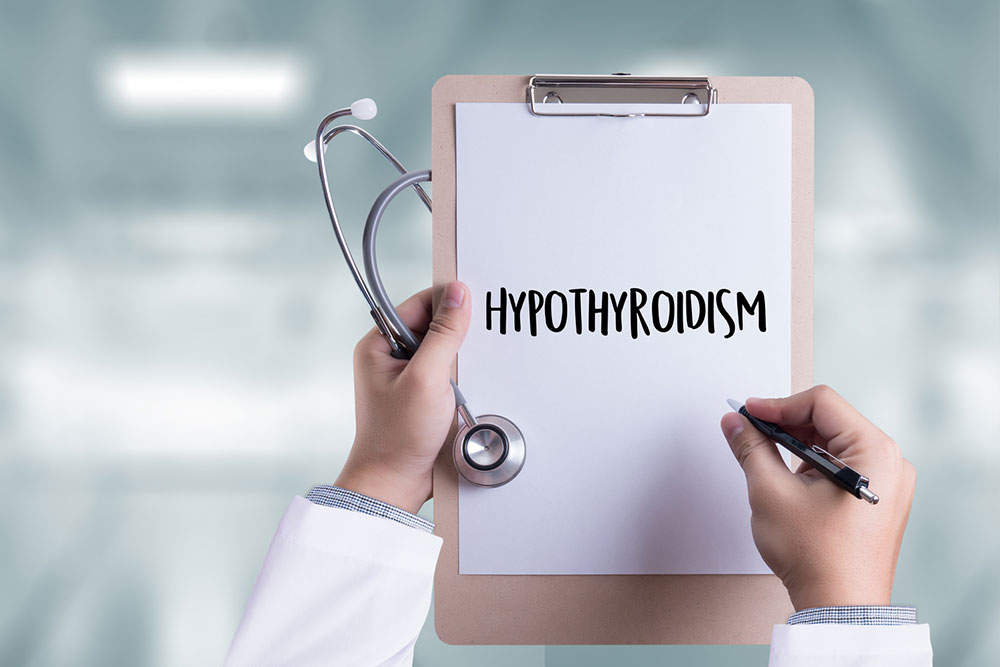Understanding Thyroid Disorders: Hyperthyroidism and Hypothyroidism Symptoms and Causes
This article explains the differences between hyperthyroidism and hypothyroidism, highlighting their symptoms, causes, and importance of early diagnosis. It emphasizes the role of the thyroid gland in metabolism and outlines common conditions affecting thyroid health, including autoimmune diseases and iodine deficiency. Early detection and treatment are key to managing thyroid disorders effectively, improving quality of life and prognosis.
Sponsored

The thyroid gland plays a vital role in regulating the body's metabolic processes. Shaped like a butterfly and positioned at the base of the neck, it produces hormones essential for maintaining overall health. Disruptions in its functioning can lead to two common conditions: hyperthyroidism, characterized by hormone overproduction, and hypothyroidism, marked by insufficient hormone production. These issues impact the body differently and have distinct symptoms and causes. Proper diagnosis and treatment are crucial for managing these thyroid disorders effectively.
The thyroid primarily produces thyroxine (T4) and triiodothyronine (T3), vital hormones that influence metabolism. Iodine intake is essential for hormone synthesis. The regulation of thyroid activity involves a feedback loop with the brain's hypothalamus and pituitary gland. When hormone levels are low, the brain signals the pituitary to release TSH, stimulating the thyroid to produce more hormones. Disruptions in this system can lead to various thyroid problems, including hyperthyroidism and hypothyroidism.
Hypothyroidism occurs when the thyroid produces insufficient hormones, prompting the pituitary to release more TSH to compensate. Symptoms include dry skin, constipation, fatigue, weakness, and concentration issues. Autoimmune conditions like Hashimoto’s disease, iodine deficiency, and thyroiditis are common causes. These conditions damage or impair the thyroid's ability to produce hormones, leading to hypothyroidism.
Hyperthyroidism results from excess hormone production, causing a faster metabolic rate. Symptoms include increased appetite, tremors, nervousness, rapid heartbeat, sleep disturbances, and anxiety. Causes include thyroiditis (initially causing overactivity), excessive iodine intake, and Graves’ disease, which involves inflammation of the thyroid gland. Recognizing these symptoms early can lead to better management and outcomes.
Thyroid cancer is another concern, notably among women under 55. Types and stages vary based on the affected cell type. Early diagnosis is vital, as it improves the chances of successful treatment and better prognosis. Awareness of symptoms and timely medical attention can significantly impact recovery and health.






